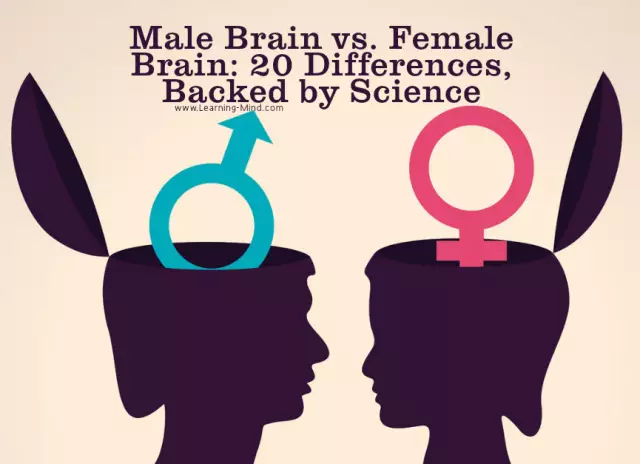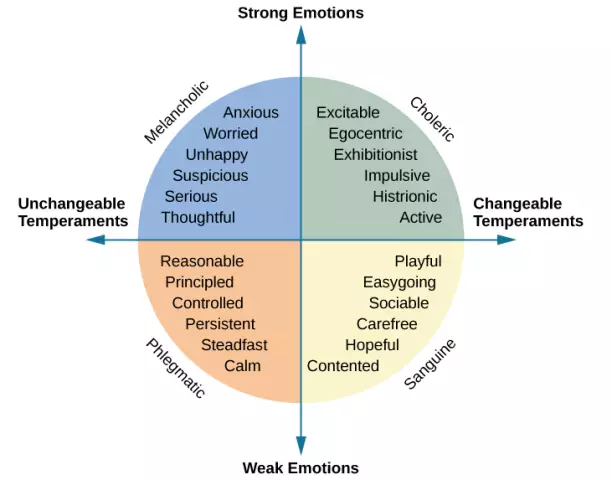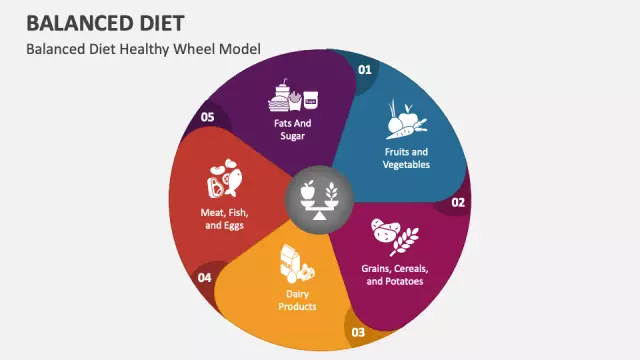- Author Rachel Wainwright wainwright@abchealthonline.com.
- Public 2023-12-15 07:39.
- Last modified 2025-11-02 20:14.
The brain of a man and the brain of a woman: 5 differences
Women often complain that men do not understand them. Representatives of the stronger sex often make similar claims. The reason for both of them is usually considered insufficiently good attitude of the partner. According to experts, this is not the reason at all, but the fact that the brain of a man and the brain of a woman work so differently that difficulties arise by themselves.
Today we will tell the reader about the most important of these differences.

Source: depositphotos.com
Dimensions and neural connections of the brain
The male brain is on average 10% heavier than the female brain. Scientists argue that this does not give any advantages in an intellectual sense: the relative increase in the organ corresponds to the need to control a more massive body.
The differences in the structure of neural connections in the brains of men and women are much more significant. Among the fair sex, cross-links prevail, that is, those that connect the right (responsible for logical thinking) and left (responsible for intuition) hemispheres. Therefore, women do not experience special problems when solving problems for which it is necessary to use both flair and a cold mind. In the male brain, longitudinal connections predominate, connecting the front and back of the cortex. An exception is the cerebellum zone: in the named place, the connections between the hemispheres in men are very well developed, which explains the ability of the stronger sex to easily learn complex physical actions and achieve great success in matters requiring a high degree of control over their bodies.
In men, the inferior parietal lobe of the brain, which is responsible for the ability for mathematics, is better developed, and in women, the zones of both hemispheres, which determine the ability to perceive the peculiarities of the language and use colloquial speech.
Age-related changes in the brain
At an early age, the difference between a boy's brain and a girl's brain function is minimal; the differences begin to show between the ages of 14 and 17 and increase with age.
As the body ages, the human brain "shrinks", losing part of its volume. In men and women, this process proceeds with significant differences. So, in the representatives of the stronger sex, the frontal and temporal lobes decrease with the highest speed, the function of which is to control cognitive abilities, emotions and personal characteristics. In women, the parietal lobe and the region of the hippocampus, which are responsible for spatial perception, vision, speech and memory, "dry out" faster. In general, in men, the decrease in brain volume begins earlier than in their peers. Scientists associate this feature with the protective effect of estrogen on the brain. The most active decrease in the size of the brain in women occurs at the age of menopause, when the production of sexual hubbubs decreases sharply.
In addition, the brain of a woman and the brain of a man are subject to varying degrees of neurodegenerative changes: women are more likely to develop Alzheimer's disease, while men develop Parkinson's disease.
Perception of signals from the senses
A woman's hearing is sharper and thinner than a man's, and this is not about the hearing aid as such: the woman's brain is able to perceive sounds more clearly, to highlight the smallest intonations. Likewise, men lose out to their girlfriends in terms of tactile detail.
There are no similar differences in visual acuity, but there is a significant difference in the perception of visual signals: a man usually sees the whole picture better, and a woman fixes attention on the details.
Logic and emotion
Women, on average, have better memory than men, a larger vocabulary and higher speech activity. In addition, the fair sex has better developed emotional aspects of thinking. On the other hand, men are able to assess the surrounding reality more sensibly, without complicating events with their anxieties, suspicions and a subjective approach.
In any circumstances, a man pays attention to the quantitative, factual side of the issue, and a woman - to the details and emotional coloring of events. For example, driving through an unfamiliar city in a car, the husband remembers the time segments spent on separate parts of the road, and his wife remembers various objects that can serve as landmarks (buildings, signs, etc.). Even the representatives of the sexes show a sense of humor in different ways: a man is interested in the "salt" of an anecdote, and a woman likes the story itself more, gradually revealing the meaning of a funny situation.
Behavioral and social differences
Men and women not only feel and think, but also behave differently. The fair sex is naturally communicative, inclined to establish trusting relationships. Women are considered the best organizers, capable of unobtrusively bringing people together to solve a common problem. Men are more likely to be "loners", more adapted to the competitive struggle, ambitious and aggressive. In a conflict situation, a woman prefers to solve the problem through negotiations, and a man - by exacerbating the conflict.
The female tendency to a certain amount of dispersion of attention to details and details has a positive side: any representative of the weaker sex easily combines several streams of information and is able to do several things at the same time. The masculine way of thinking involves full focus on a specific topic, and the transition from one case to another requires some effort and time.
Knowing the structure of the brain of men and the brain of women is very useful. In fact, this is the easiest way to understand each other and stop conflicting over trifles. Remembering how the other person differs from you, you can become his support, and save yourself from far-fetched grievances and disappointments. Take care of each other and be happy!
YouTube video related to the article:

Maria Kulkes Medical journalist About the author
Education: First Moscow State Medical University named after I. M. Sechenov, specialty "General Medicine".
Found a mistake in the text? Select it and press Ctrl + Enter.






